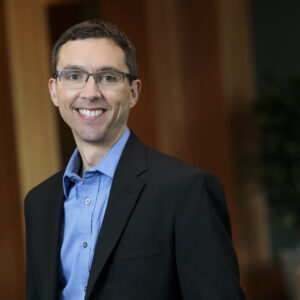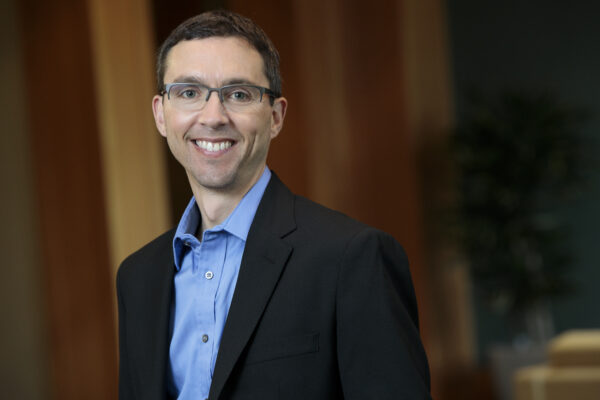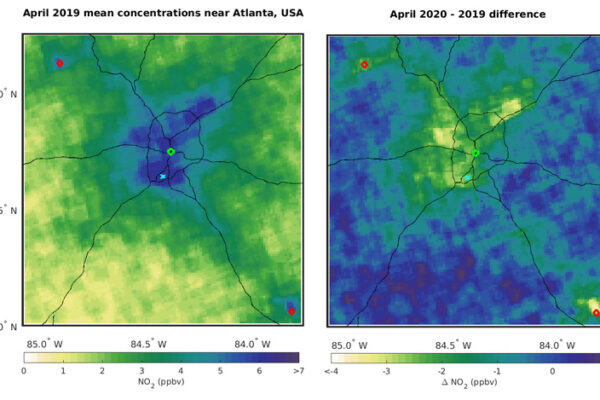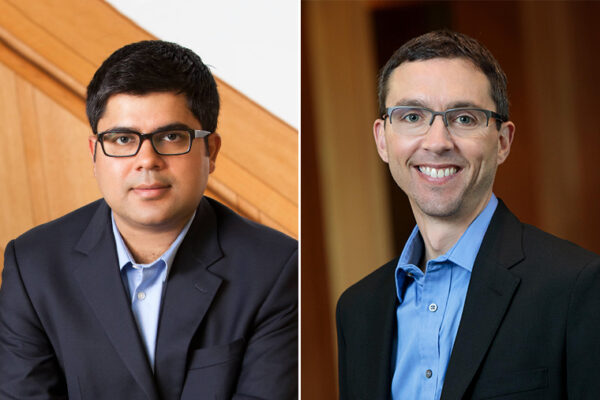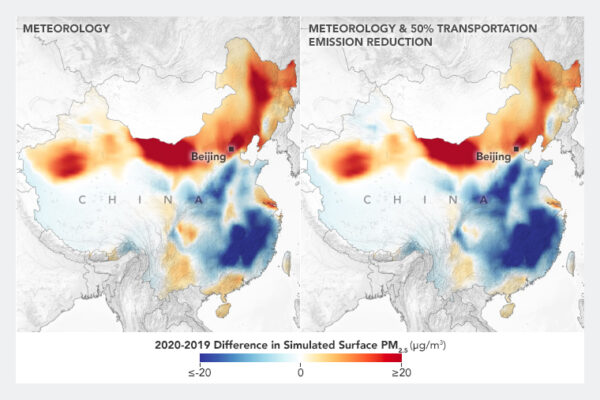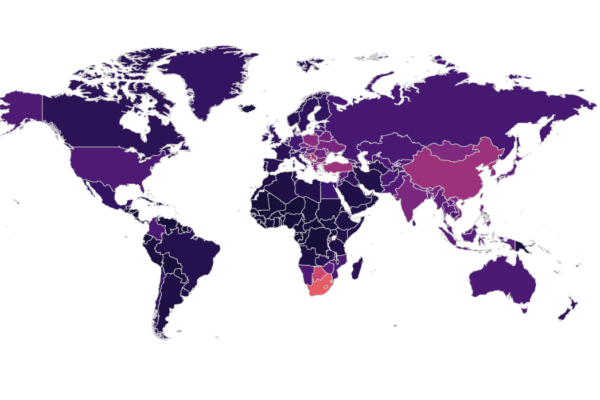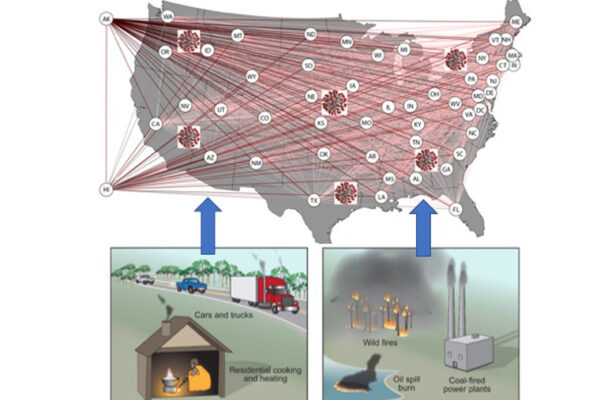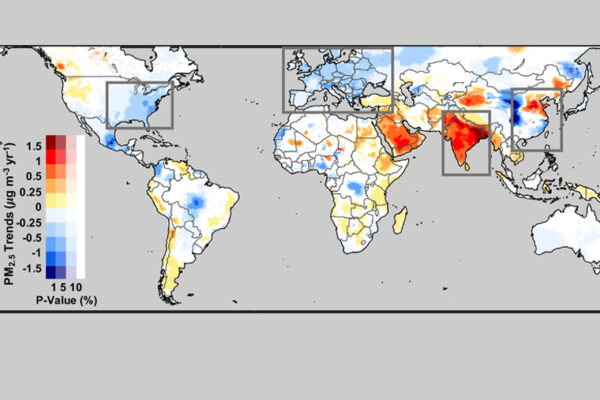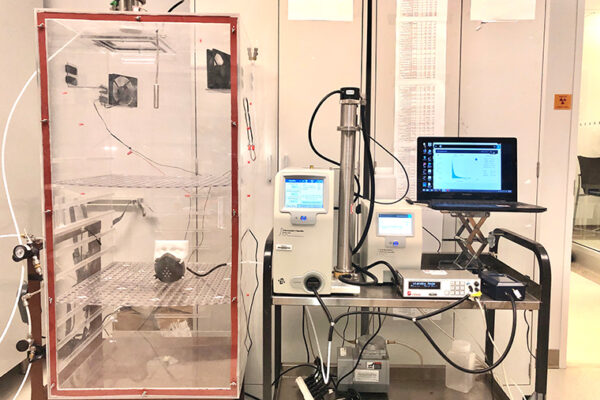Martin’s research focuses on characterizing atmospheric composition to inform effective policies surrounding major environmental and public health challenges ranging from air quality to climate change.
He leads a research group at the interface of satellite remote sensing and global modeling, with applications that include population exposure for health studies, top-down constraints on emissions, and analysis of processes that affect atmospheric composition.
He serves as Co-Model Scientist for a leading global atmospheric model (GEOS-Chem), leads a global fine particulate matter network (SPARTAN) to evaluate and enhance satellite-based estimates of fine particulate matter, and on multiple science teams for satellite instruments including MAIA, TEMPO, and GEMS. Data from his group are relied upon for a large number of assessments including the OECD Regional Well-Being Index; the World Health Organization’s estimates of global mortality due to fine particulate matter; the Global Burden of Disease Project, and a wide range of additional health studies.
Research from a multi-institutional team, including Randall Martin at the McKelvey School of Engineering, estimated sugarcane fires in South Florida produce harmful emissions in quantities on par with vehicles — and play a role in the region’s mortality rates.
Randall Martin, at the McKelvey School of Engineering, was awarded a three-year NASA grant to analyze fine particulate matter data, work that will help in air quality management.
For the first time, researchers can infer levels of nitrogen dioxide on scales as small as a square kilometer thanks to a new method developed in the lab of Randall Martin.
Two researchers from the McKelvey School of Engineering received funding from NASA for atmospheric data research
Using a diverse set of tools, the lab of Randall Martin shows how the pandemic did – or didn’t – affect levels of particulate matter during COVID lockdowns.
An international team of researchers, including faculty in the McKelvey School of Engineering, has determined what sources contribute to pollution and the health effects they have on global, regional and smaller scales.
Research from the lab of Rajan Chakrabarty in the McKelvey School of Engineering at Washington University in St. Louis has found a close relationship between certain pollutants and the spread of COVID-19 through the United States.
Using recent satellite observations, ground monitoring and computational modeling, researchers at the McKelvey School of Engineering at Washington University in St. Louis have released a survey of global pollution rates. There are a couple of surprises, for worse, but also, for better.
Aerosol research at the McKelvey School of Engineering at Washington University in St. Louis is working at breakneck speed to understand the novel coronavirus and its effects at scales ranging from ecosystems to virus particles suspended in droplets.
